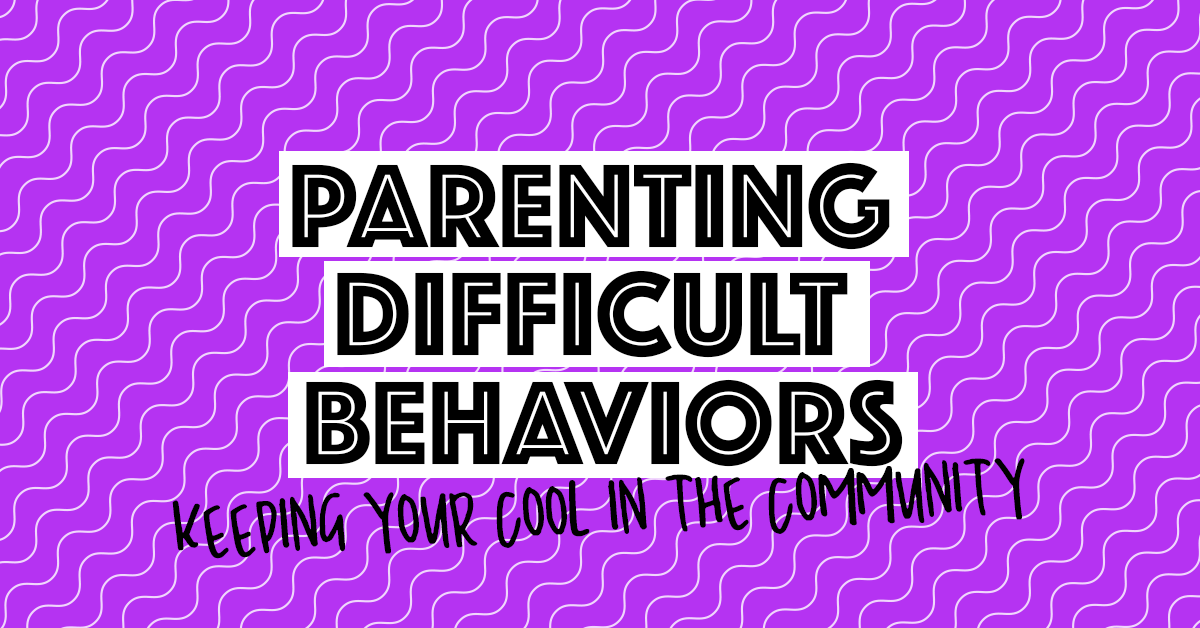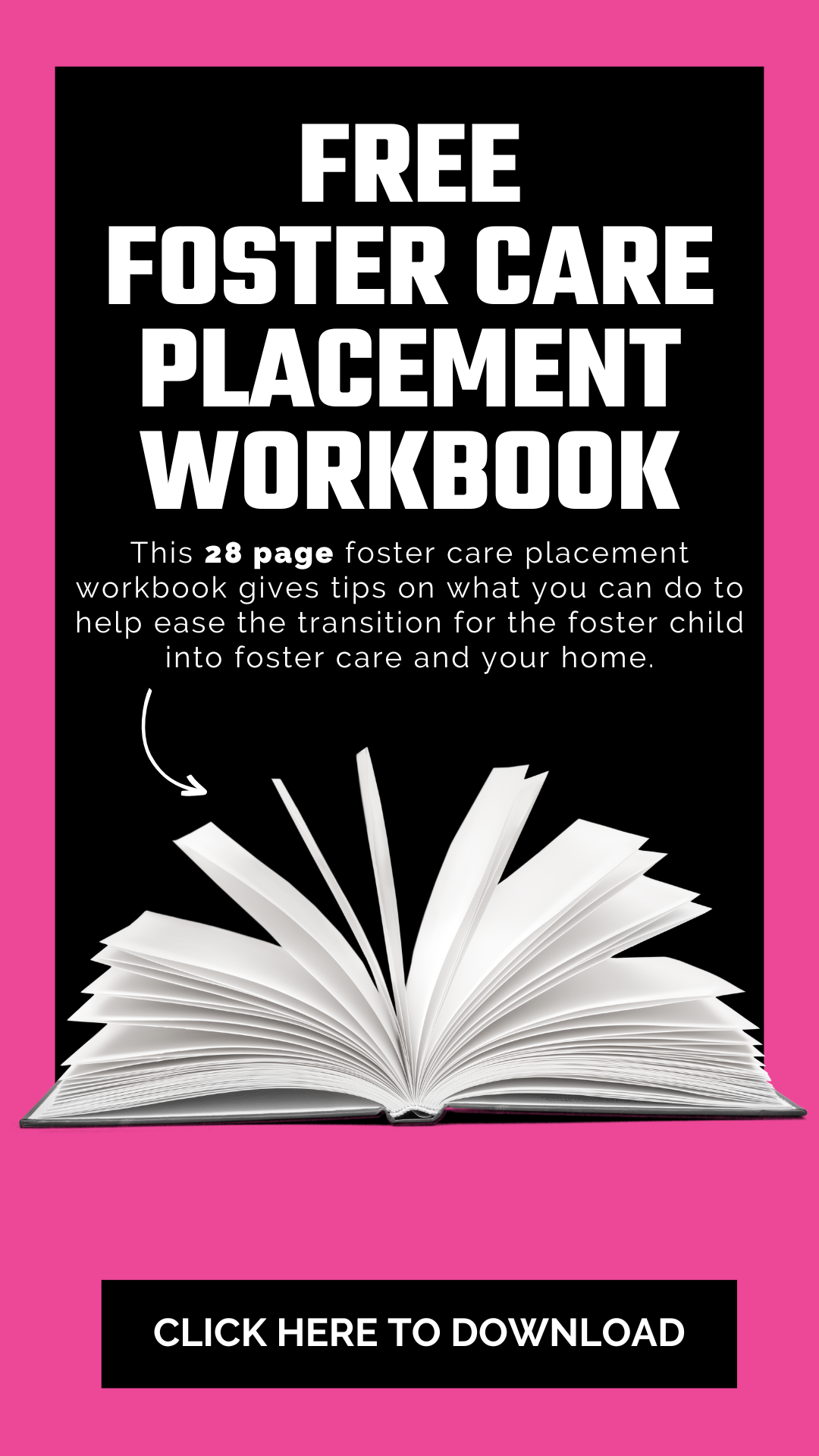
You’re feeling frustrated; as much as you love being a foster parent, it isn’t always easy. Your child is facing significant challenges and dealing with difficult behaviors in public – at the store, at your place of worship, or during a family outing – is hard. Lately, you’re tempted to give in to your child’s demands so the behavior stops and you can both get on with your day. You need some fresh perspectives and tools that will help ground you in the moment next time your child exhibits challenging behavior in public.
Let’s take last weekend’s family party as an example. You’ve arrived and you’re excited to introduce your foster child to some extended family and friends. There’s an opportunity to help your child develop friendships with other children at the party, and you’re hoping that all goes well. And it does, for a while. But after the meal your child asks for a third dessert. You want to establish healthy eating habits and you know that too much sugar is a mistake, so you say no. There are tears, begging, angry words, and a public disruption of the party atmosphere. The easy choice is to let the brownie slide, but you do your best to maintain rules and structure for a reason. It’s crunch time, and there are some things to keep in mind.
Keep your cool. As embarrassed or frustrated as you might feel, this is not the time to rise to your child’s emotional level. You are in charge of de-escalating in a healthy way. Remember that if they learn that pushing your buttons gets them what they want, they’ll do it again in the future as an established strategy.
Avoid a power struggle. If you engage in a back-and-forth and focus too much on winning the argument or projecting authority for the sake of other adults’ opinions, the chance of your child digging in their heels increases. You as the parent are the only one who can end the conflict cycle. Choose to avoid reacting to your child’s behavior in a way that reinforces their undesirable behavior.
Step into your child’s perspective with a trauma-informed approach. They are probably using communication strategies and behaviors that helped them achieve their goals in the past with other adults. They are safe and nurtured with you, but they’ll need time to build trust in that.
Don’t take it personally. Your child’s behavior is not a reflection of how much you care about them or your ability as a parent. In therapeutic foster care, the youth we serve have experienced trauma that affects their ability to function in a typical household. Skills like conflict management, emotion regulation, following directions, and communication are not necessarily abilities that your child learned before coming into your care. Try to avoid making assumptions based on what you think they “should” be able to do or how they “should” behave.
Set expectations for behavior in advance and follow through with consequences. In this scenario, if your child knows that the consequence for a tantrum is leaving the environment where it happened, make sure to follow through. The benefit of this particular consequence is that it is directly related to the behavior. Explain to your child that reacting to the brownie denial with a tantrum resulted in leaving the party to go home and cool down. It might be inconvenient for you as the partygoer to leave, but creating clear boundaries and expectations is critical for your child’s wellbeing and will set you both up for more success in the future.
Praise good behavior whenever you can. Your child might struggle with certain behaviors, but encourage them with praise and rewards when they do well. “Catch them being good” and let them know that you aren’t only focused on what they struggle with: you also celebrate the victories like following through on a task or interacting well with a sibling.
For more tips and help with behavior management, talk to your Family Consultant or other KidsPeace staff. We are always there for you to give you new ideas and workshop new strategies. Thank you for being a part of the KidsPeace family!


